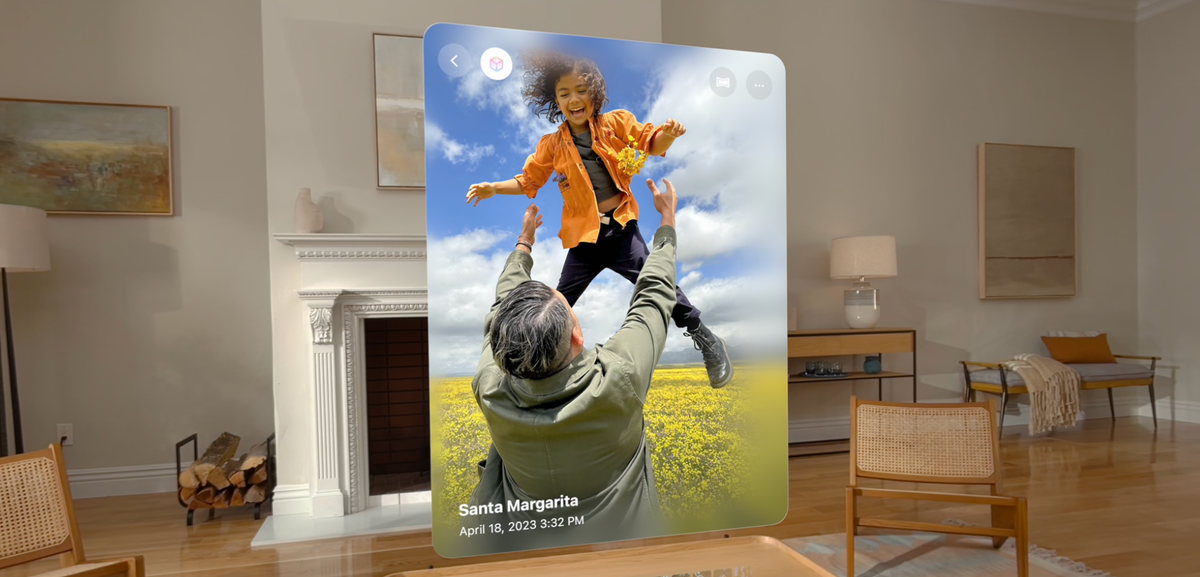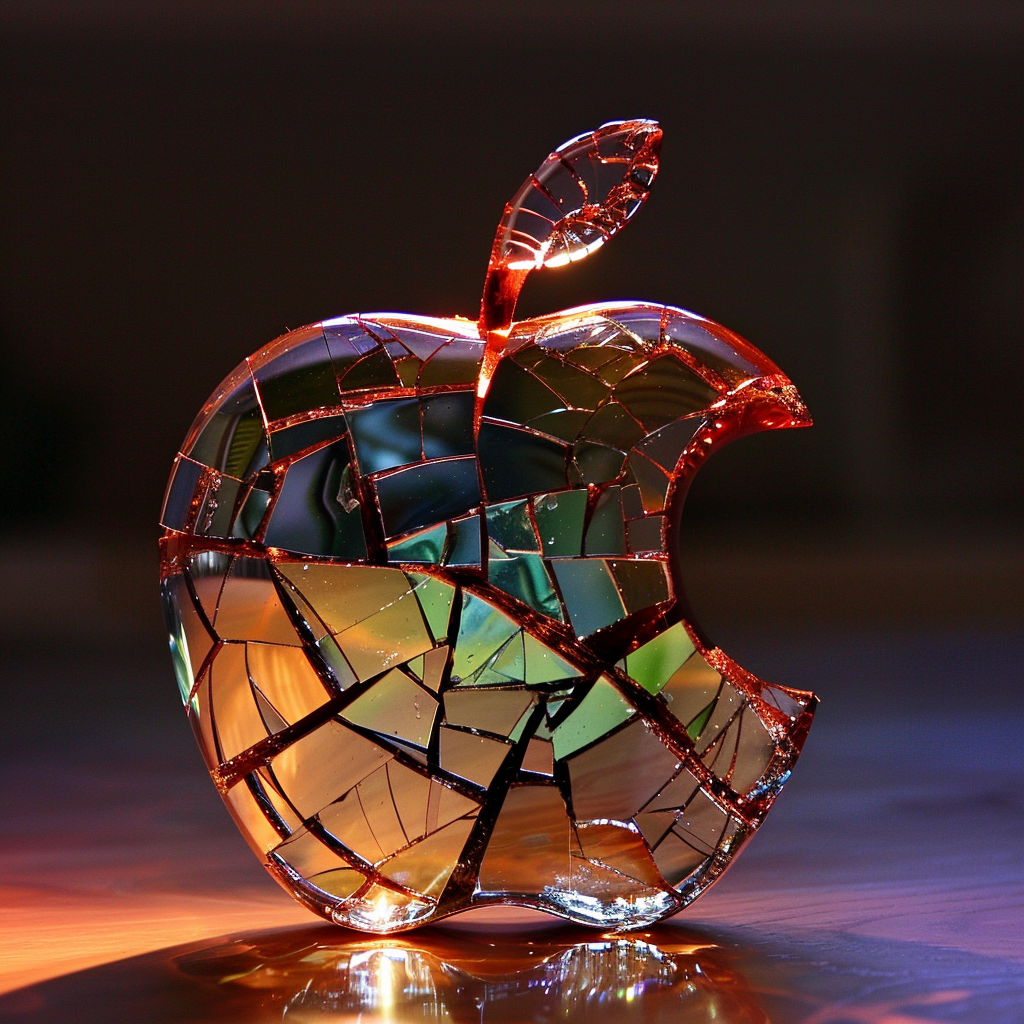Meta Cedes the High-End of XR to Apple

More shoes – er, headset projects – dropping over at Meta:
Meta Platforms has canceled plans for a premium mixed-reality headset intended to compete with Apple’s Vision Pro, according to two Meta employees.
Meta told employees at the company’s Reality Labs division to stop work on the device this week after a product review meeting attended by Meta CEO Mark Zuckerberg, Chief Technology Officer Andrew Bosworth and other Meta executives, the employees said.
This is hardly a surprise simply given how well – meaning, not well – Apple's Vision Pro seems to be doing in the market. I know some Apple defenders will be quick to jump all over such a categorization – "it's eaaarrrly" – but we all have eyes. And they're not in the Vision Pro. Even those of us that have one. That's the reality.
Still, you'd have to think if that device product review went amazing, Meta might still push forward on the device, clearly, it did not. And that also shouldn't be a surprise:
The axed device, which was internally code-named La Jolla, began development in November and was scheduled for release in 2027, according to current and former Meta employees. It was going to contain ultrahigh-resolution screens known as micro OLEDs—the same display technology used in Apple’s Vision Pro.
Meta staffers wanted to keep the cost of the device below $1,000, which they considered necessary for the product to sell well, the two employees said. But that was looking difficult given the high cost of the displays. Micro OLEDs feature millions of pixels that are microscopic in size and difficult to produce, requiring a complex process similar to semiconductor manufacturing.
How well do you think a device they were aiming to keep "below $1,000" stacked up against the $3,500 Vision Pro? Sure, it's Apple pricing, but still. Despite Zuckerberg's breathless takes, the Vision Pro really is on another level than the Quest. The problem is that the next level just doesn't matter right now, in part because Apple was foolish with their roll-out strategy, and that continues months later with their content roll-out strategy.
As I wrote just yesterday on the news that Meta and Snap were nearing the unveiling of some new AR glasses:
Speaking of Apple, Heath doesn't even bother to mention the elephant in the room here: the Vision Pro. That itself may be telling. After the massively hyped launch, you don't really hear people talking about the device anymore. Occasionally I'll get a question about it, but it's almost always "are you still using it?" Which is... not great for Apple. Especially since the honest answer is, "no, not really." It's just too laborious to use, not particularly comfortable, not appropriate for social settings (like when your family or friends are around), and lacks a steady stream of compelling content. But beyond that, what did you think of the play, Mrs. Lincoln?
But really, I continue to believe that Apple messed up in their timing of launching the device. They probably couldn't have known how much AI would take the world (and Wall Street) by storm, but also, they were probably pretty well position to know that. Yes, it's easy to say in hindsight, but I was pretty skeptical leading up to launch too. Apple should have shipped the first iteration of the Vision Pro just as it sounds like Snap and Meta are with their AR devices – as limited, developer-focused test devices. Seeding an ecosystem. Apple just pushed Vision Pro out there thinking developers would come. They did not.
For Meta, which is even more all-in on AI now, clearly, this must have been a relatively easy call. Why try to compete in a market that even Apple can't yet validate when you have billions to spend on another market that's in the midst of an all-out arms race at the moment? Not to mention the work on the other AR glasses. And the Ray-Ban glasses which actually seem to be doing well. Back to O'Regan and Ma:
Meanwhile, Meta still has some of its own low-range to midrange headsets in the works, including the Quest 4, internally code-named Pismo, which is due for release in 2026.
The existing line of Quest headsets includes the Quest 2, which retails for $200, and the Quest 3, which retails for $500. In 2023, Meta stopped production of the Quest Pro—a more expensive device at $999—after encountering weak sales and poor reviews.
But after Apple announced the Vision Pro that June, Meta again turned its attention to high-end devices and began work on La Jolla.
The "low end" which is sort of a funny way to put it – more like simply not the outrageous high-end that Apple is going after – makes a lot more sense for Meta. Always has. And Apple will be moving downward too after the learnings from this first Vision Pro. That said, it does also sound like Meta may have another, cheaper, Quest up its sleeve... Just no more 'Pro'. Again, that's the right play here.
La Jolla is a beautiful place though, I used to live there.





